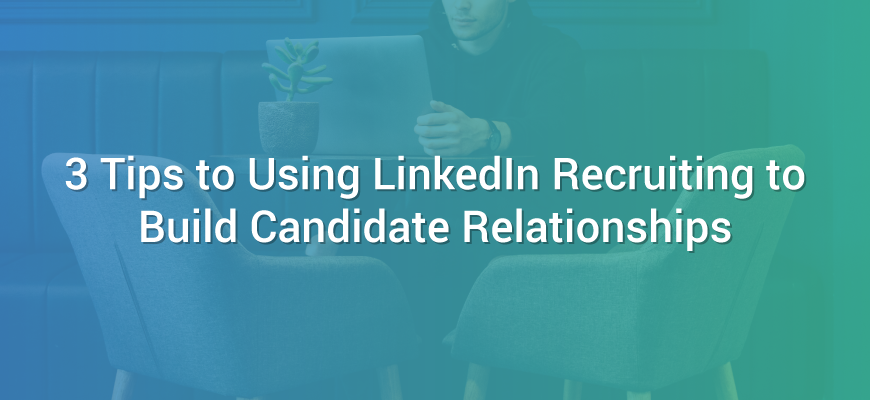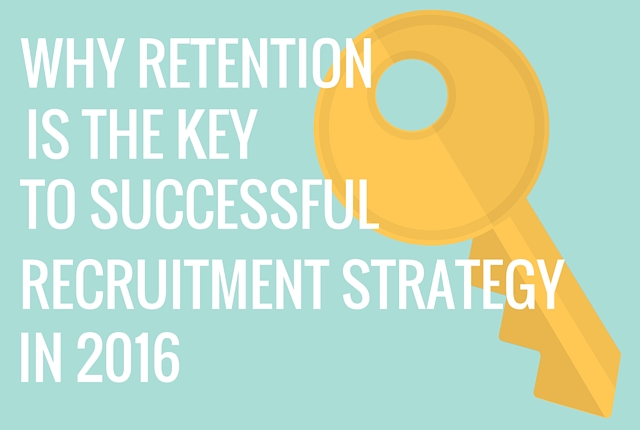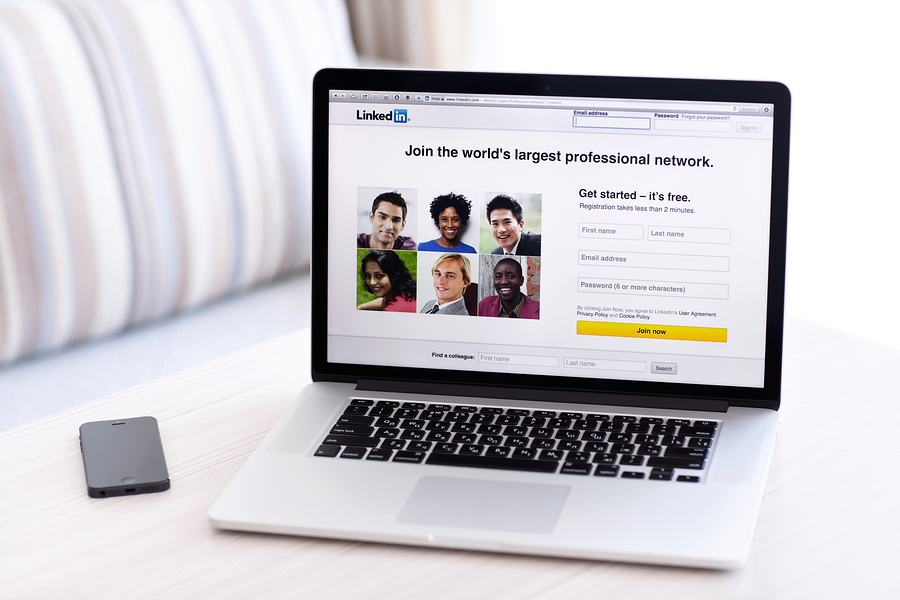Low unemployment plus rapid company growth equals a challenging and busy time for employers.
In fact, we surveyed 500 talent acquisition professionals and found that 77 percent plan to increase their own staff size by 25 percent in 2018.
To reach these goals, you need to find a way to bring a higher volume of candidates into your talent pipeline. One of the best ways to do this is to build a strong network of active and passive job seekers. Luckily, LinkedIn provides the perfect platform to find the new hires you need.
Here are three tips for building your network with LinkedIn recruiting:
1. Focus your efforts
If you try to network with every qualified LinkedIn user, you’re going to spread yourself thin. You’ll spend all your time sending out InMail messages and only get responses from a fraction of candidates. Then, to make up for lost time, you’ll have to rush job seekers through the hiring process instead of taking the time to build a relationship.
Focus on quality, not quantity, when LinkedIn recruiting.
The platform’s Recruiter tool has a Spotlights feature that can help you filter out uninterested candidates. Your search results will show which individuals have engaged with the company page, applied before, or are otherwise connected to the organization. Given this established familiarity, it’s more likely Spotlights candidates will respond to your messages.
Once you have a list of Spotlights job seekers, cater your InMail messages to them and outline what they can gain by working for the organization. For example, if the candidate used to work with a successful manager at your company, let the candidate know there are opportunities for similar leadership development in the open role.
2. Dig into interests
A strong LinkedIn recruiting relationship is built on more than what a candidate can do for the company. There needs to be a sense of comfort and trust. The best way to earn that with candidates is to get to know more about them.
People have interests outside of their professional lives. Use LinkedIn to find out where they’re from, what their opinions are, and what causes they care about most. Mentioning common interests when you communicate with candidates will help them open up and give you a better picture of who they are.
For example, if a job seeker volunteers for the same charity as you, bring it up. Ask them how they got involved with the cause and why it’s important to them.
Also, be sure to reciprocate and tell them why the organization speaks to you. This will help create a stronger relationship leading into the interview process. And if they don’t end up taking that particular job, it gives you a reason to stay in contact in the future.
3. Reach out for feedback
Great talent acquisition professionals know that a strong relationship with talent is about more than filling a role. They can also help you improve your hiring process.
For instance, not every job seeker who starts an application finishes it. Somewhere along the line, they get new information that changes their mind about the job or company. It’s beneficial for you to get feedback from these job seekers when LinkedIn recruiting.
Use LinkedIn’s new Apply Starters feature to see who dropped out of the application process. Then, reach out with a short list of questions to determine what changed your mind. This will give you powerful insights about holes in the employer brand or hiring process.
Plus, it gives you a chance to clear up misunderstandings with the candidate. This will preserve your relationship with them and allow you to approach them in the future with other job openings.







